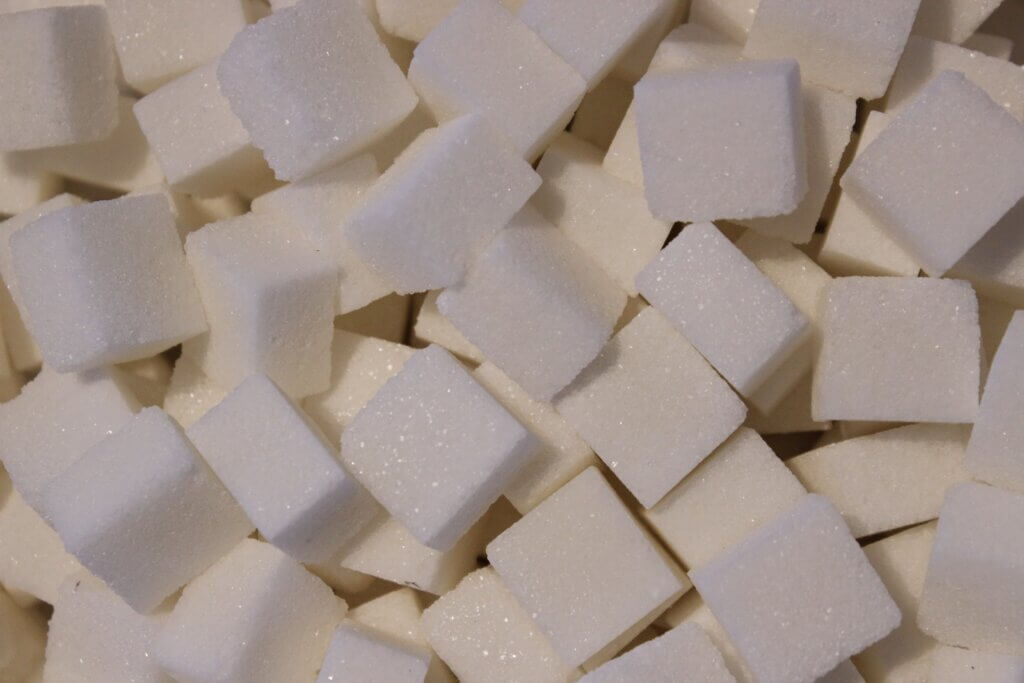Please note: At Change Creates Change, we do not use words such as “good,” “bad,” “healthy,” “unhealthy” and “cheat meals” but we will for the purpose of this blog post.
When it comes to eating, everyone seems to have a different idea as to what is best for our health. There are so many rules around eating as a result of diet culture. Unfortunately, many of these rules may have become ingrained in our thinking. We often tell ourselves things we should or shouldn’t do when it comes to eating. For example, we may think to ourselves “don’t eat after 7 pm” or, “I would eat that cookie now but I want to save it for my cheat meal on the weekend.”
So is there any truth to these diet rules we have all heard? In this blog post, we are going to challenge four big diet rules and come up with new ways of thinking for each.
Diet Rule: Avoid Sugar
This is a big one. An endless number of diet and “wellness” websites tell us that sugar is evil and to avoid it at all costs. Sugar is found naturally in many foods, such as fruits and dairy. These foods also contain fiber and protein, respectively, which slows the absorption of sugar into our blood therefore not spiking our blood sugar.
Let’s face it: sugar is in many things and those things taste good. That is OKAY. We should give ourselves permission to eat what we think tastes good and not live from a place of fear or restriction. Restricting ourselves from sugar will likely leave us wanting it more.
Not only does sugar taste good, but it also contains glucose. Glucose is one of the body’s main sources of energy. It’s important for our brain function and our muscles also use it for energy.

New Pattern of Thinking: All foods fit. Sugar is part of a nutritious diet.
Diet Rule: Don’t Eat Dinner
Many of us may have fallen prey to this diet rule before. The claim that eating after a certain time or just before going to bed will cause us to gain weight is not necessarily true. The basis behind this diet rule is that because our metabolism (all of the processes occurring within our body to keep it alive) decreases during the night it is not as readily able to use the calories we consume for energy. Instead, they are stored as fat.
However, it is estimated that our metabolism only decreases by around 15% at night which shows that our bodies still need lots of energy even while we sleep. Interestingly, a study has shown that eating a bowl of cereal before bed regulates appetite. The bottom line here is that our bodies use food as fuel no matter what time of day it is! We also may have noticed that when we go to bed hungry, we can’t sleep.
New Pattern of Thinking: Listen to our bodies’ hunger cues and eat when we’re hungry.
Diet Rule: Eat “Super Clean” Then Have “Cheat Meals”
“Cheat meals” or “cheat days” are based on the idea that if we eat “clean” during the week we have earned a meal that is not considered “healthy”. This reinforces the idea that some foods are “good” while others are “bad” and should be avoided.
Allowing ourselves to only eat foods we enjoy on rare occasions and depriving ourselves of them the rest of the time is not sustainable. It may even end up consuming our thoughts. Depriving ourselves of food and then allowing ourselves to eat it may even lead to overeating. We may find ourselves ignoring our fullness cues when we finally give ourselves permission to eat the food.
New Pattern of Thinking: Food is not a reward – we should give ourselves unconditional permission to eat any food at any time.
Diet Rule: Count Your Calories
Many diets promote the idea of counting our calories to keep track of all the energy we are consuming. The idea behind this is to balance energy in versus energy out. The goal of calorie counting is to get into a calorie deficit to promote weight loss. Energy needs vary greatly among individuals depending on gender, age, height, and amount of physical activity.
Not only can the task of calorie counting lead to negative thinking patterns, but it also takes the enjoyment out of eating when all we are thinking about is numbers instead of taste and pleasure. Additionally, tracking calories is not an accurate measure of the nutrition of certain foods. Some foods with lots of nutrients may also have a lot of calories.
We also need to remember that we can trust our bodies. Our bodies’ hunger and fullness cues can let us know if we’ve eaten enough or need more food.
When we’re working through eating disorder recovery, it’s possible that we may not be connected to our hunger and fullness cues and may be following mechanical eating instead. Check out our Creating Change articles for more information.
New Pattern of Thinking: Eat mindfully, focusing on the taste and pleasure of eating instead of viewing foods in numbers.
Eating should be intuitive, not a number-crunching, anxiety-provoking event. Before we eat something, we can examine our thought process. Do we have any concerns holding us back from enjoying certain foods?
We should challenge any diet rules that have subconsciously worked their way into our thinking. It may be a struggle at first, but recognizing fear as the deciding factor in our food choices is the first step toward food freedom.
Learn how we can help by booking a free consultation call with us below.


